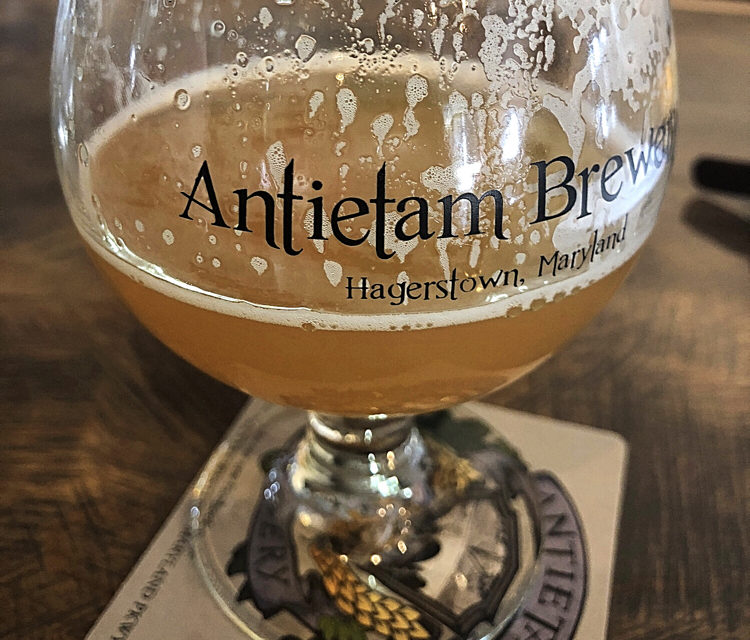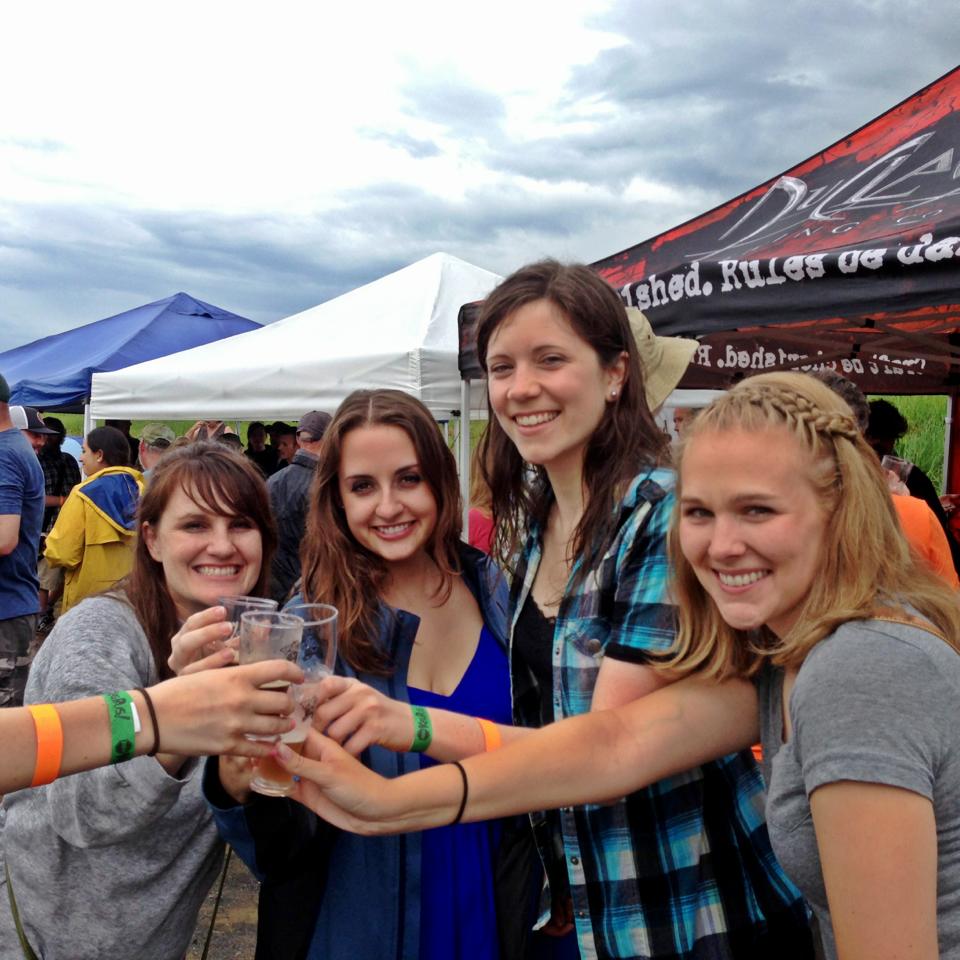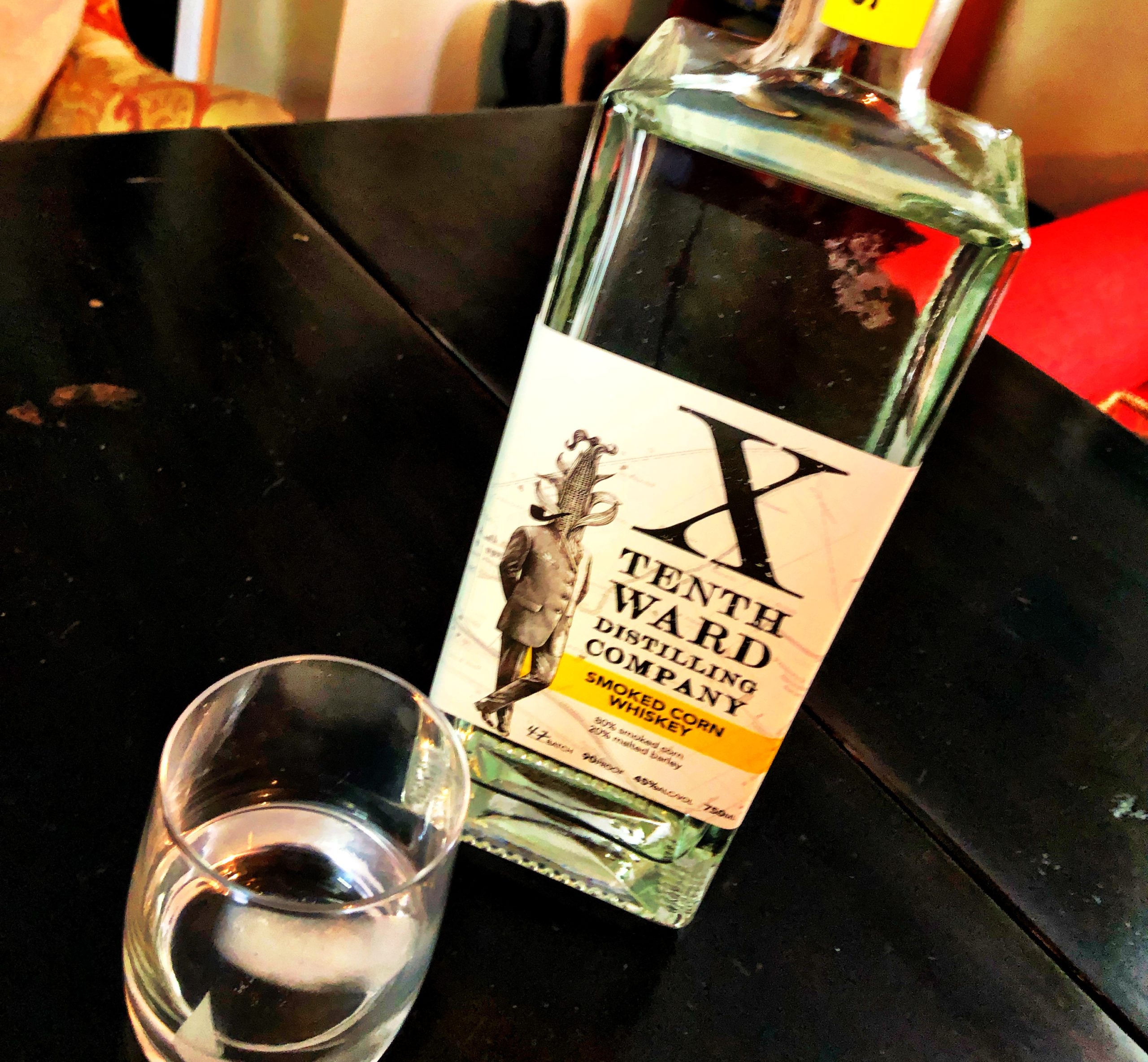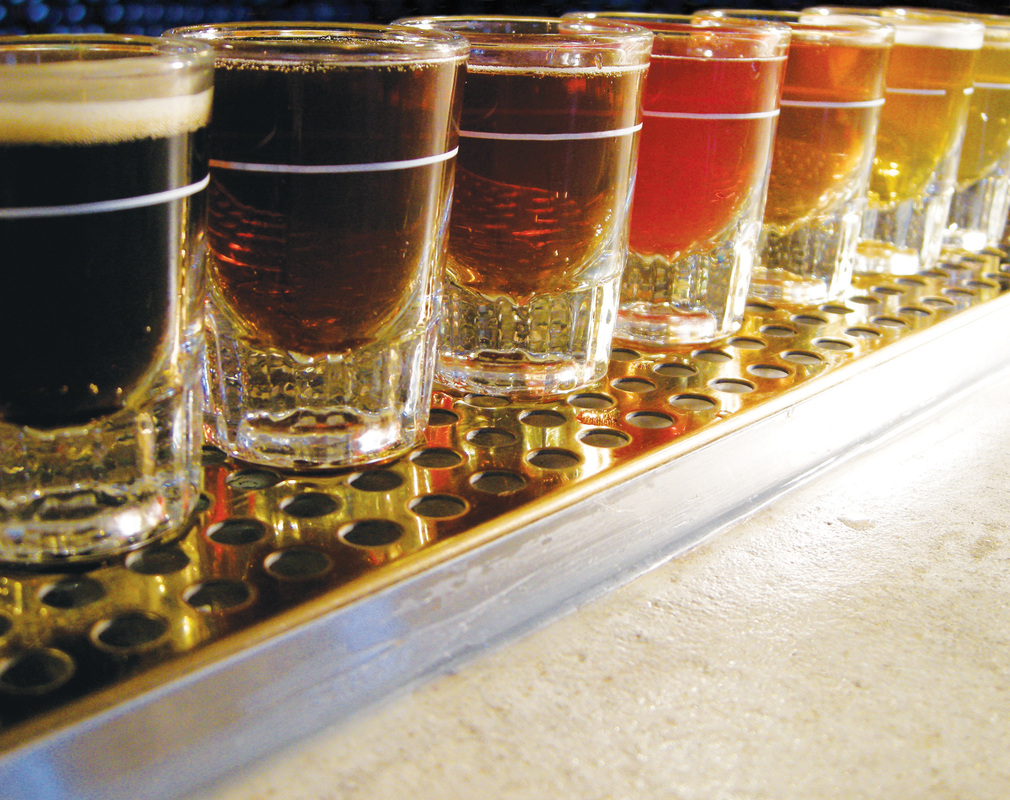by Kevin M. Smith
Throughout the DMV, there are a number of breweries that make a certain amount of bank by leasing tank space – contract brewing allowing small brewery start-ups to produce beer, and smaller breweries to increase production past their own capabilities. Antietam Brewery, Beltway Brewing Company, Calvert Brewing Company, and Peabody Heights Brewing Company are just some of the regional breweries that offer these services, and over the years breweries like Mad Science, Smoketown, Baltimore-Washington Beerworks, and Goonda Beersmiths have used these facilities to launch, or to grow their brand.
Recent events have had what one might call a mixed impact on the contracting side of brewing here in Maryland.
While the can shortage is resulting in the shifting of plans for the smaller breweries – Brian Roberts of Mad Science, who sources his cans through Antietam, said that his plans had to change due to limited access to cans – the contracting business has continued to be good for Antietam. But this isn’t true for all the region’s big contract breweries.
“We have seen an overall increase in demand for not only contract brewing but Antietam products as well,” said Antietam head brewer Aaron Blessing. “This has often lead to an increase in wait time for tank space and us having to balance out production of our own products and dealing with out of stock items while still providing services to the breweries we contract for.”
Demand for tank space between their products, and the breweries for whom they contract has had a significant impact on the brewery’s day-to-day operations. “There have been occasions where we have had to limit the amount of packaged material available to clients as we are getting rationed by suppliers with regards to aluminum cans and can ends but for the most part we have been pretty lucky in being able to source all the resources we need,” explained Blessing. “We have purchased two new 30BBL fermenters and a 15BBL brite tank and are planning on installing them after the new year starts to meet the increase in demand for our beers and contracting services.”
With CoVID numbers again spiking, and the potential for another shut down, breweries might be looking forward, but planning for what comes next in the current climate isn’t easy. “As far as alternative plans for supply shortages or shutdown possibilities we don’t really have any outlined course of actions set up,” said Blessing. “I think that flexibility and the ability to change course quickly to respond to a completely unpredictable market have been really important in dealing with the challenges this year has presented. For example we have a rectifiers license in addition to our brewery license. The rectifiers license allows us to package not only our beer, but beer produced at other breweries as well. This was extremely useful when the initial shutdown hit because we were able to not only repackage much of the draft beer we had into cans, but were able to help a lot of the breweries we contract for do the same.”
The boom that Antietam is experiencing isn’t being felt by everyone. Eddie O’Keefe, the events coordinator for Peabody Heights Brewery, one of the state’s big-boys of contract brewing, explained, “we have definitely seen a slowdown in contract brewing.”
The slowdown at Peabody is for a variety of reasons, explained O’Keefe. “Everyone is scared to possibly setup a contract brew without knowing if they have cans or not.[With the limits on bars,] we’ve lost all of our draft contract brewing. We also are afraid to take on contracts if the cans aren’t on our dock floor.”
As the state potentially approaches another shutdown, O’Keefe noted that he’s not certain that there is a plan to deal with another quarantine. “Unfortunately, we have no alternative, we’ve pivoted multiple times,” he explained. “We’re not sure what the future holds. Another shutdown would be devastating.”













Follow Frederick Behind Bars!